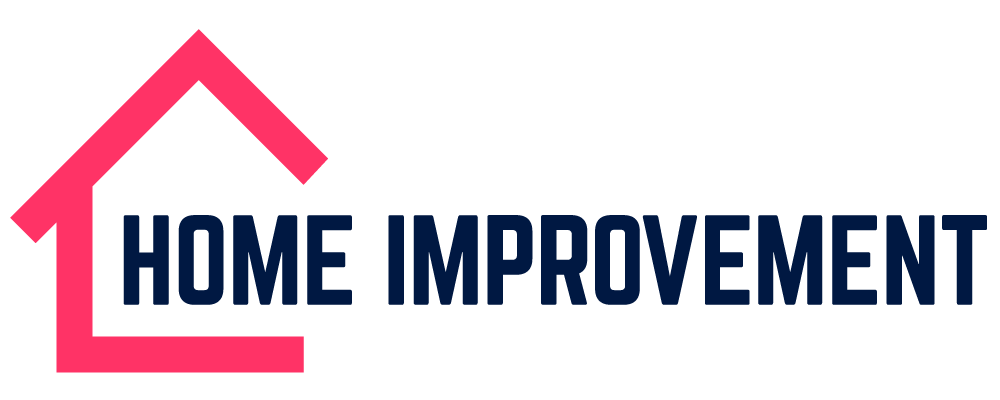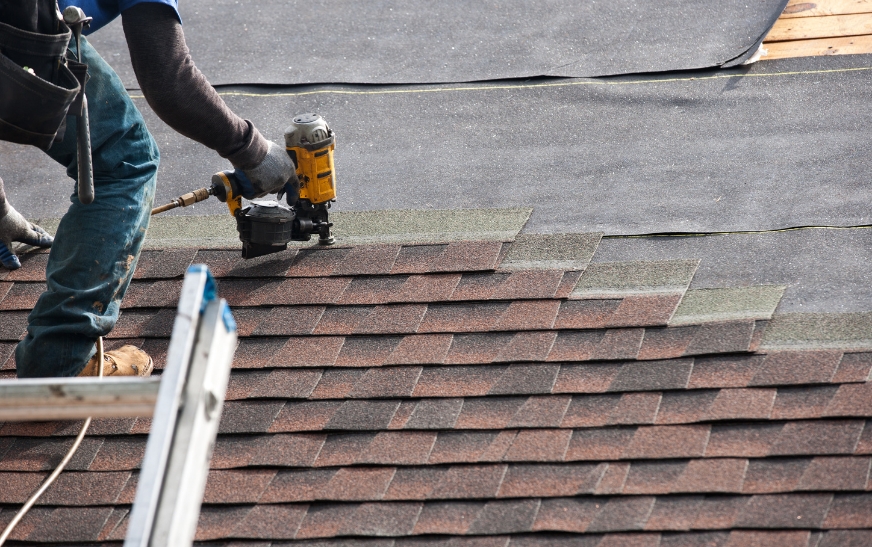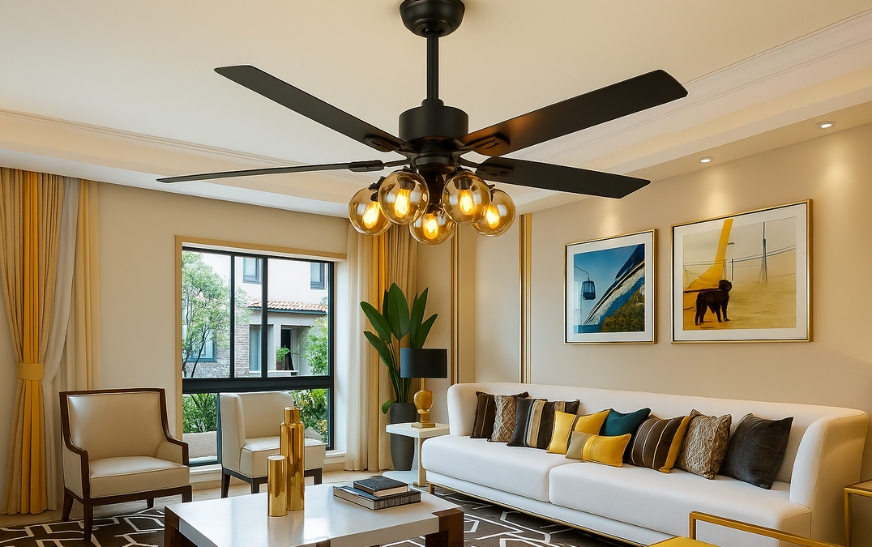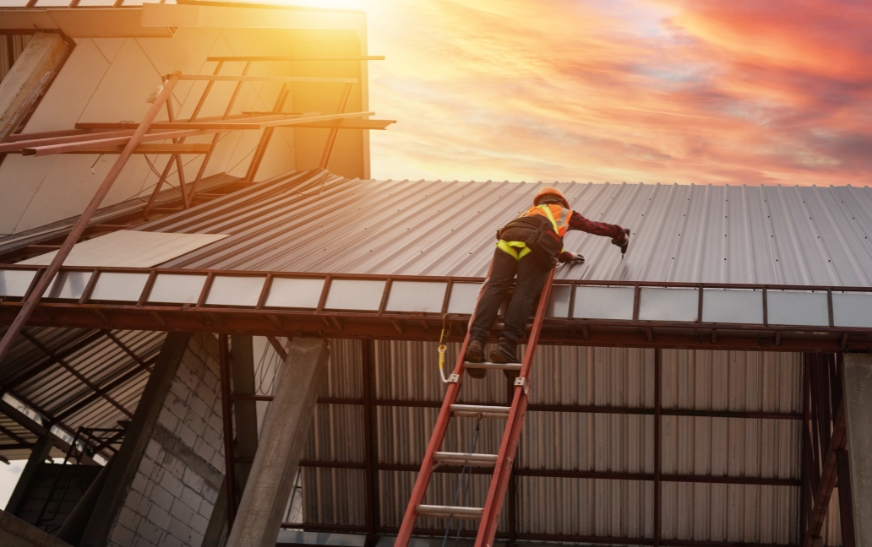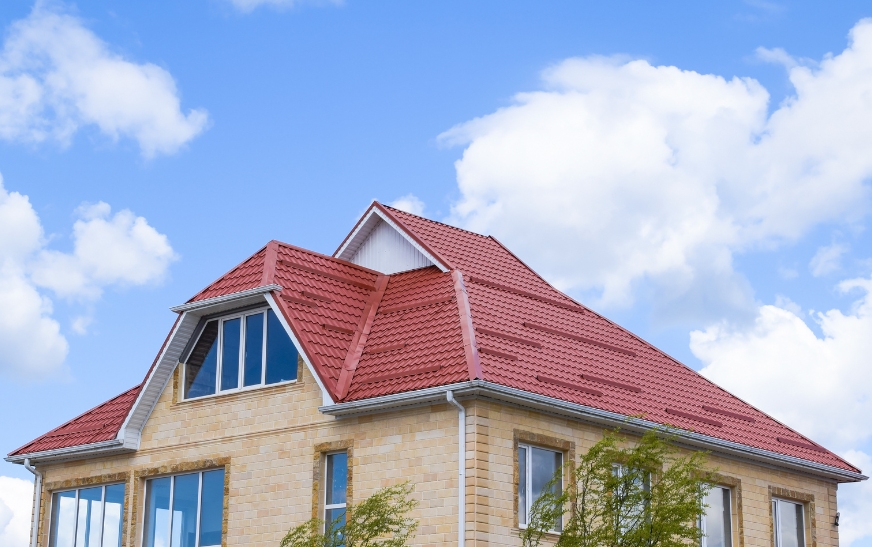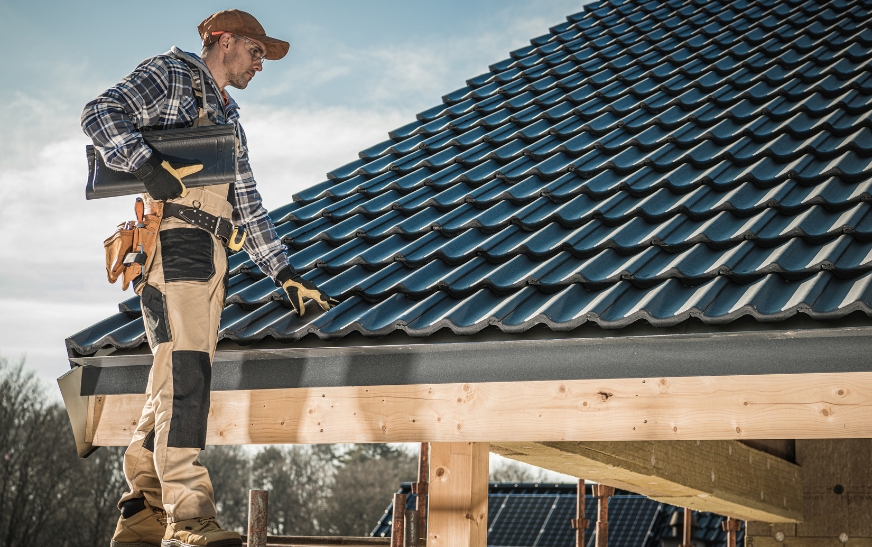Typical Tenant Duties
When a roofing issue shows up at a rental property, one of the first questions you’re likely to ask is, “Who’s responsible for the repair?” The answer typically lies in your lease agreement. If you’re a landlord, you probably already know that maintaining the property’s structural integrity—including the roof—is usually your obligation. Tenant knowledge of what obligations fall under their rental conditions are crucial. Clearly defined leases on property upkeep help to prevent ambiguity when problems with roof repairs surface.
Standard Lease Landlord Duties
Generally speaking, landlords are in charge of maintaining the property—including the roof—in such condition as to be safe and habitable. Usually, depending on the degree of help, the landlord is in charge of starting roof repairs or perhaps considering complete roofing replacement if there is a leak, missing shingles, or storm damage. Maintaining a safe, living home depends on the roof remaining sound. Timeliness in roof leak repairs, gutter cleaning, and regular inspections helps limit your long-term roofing expense and helps avoid more expensive issues down the road.
Typical Tenant Duties
Although the landlord suffers most from catastrophic roof damage, tenants could have less responsibility. That can include quick damage reporting, preventing roof space abuse, and not postponing leak or water stain communication. Ignoring to document a concern could cause some financial burden to be transferred to the tenant. Sometimes lease clauses will specify joint responsibility for upkeep pertaining to interior damage resulting from roof problems.
Who repairs roofs first in emergencies?
A quick response is required if a sudden storm damages anything right away, say a tree branch falling on the roof. Usually, the landlord is in charge of getting roofing specialists to evaluate the situation and plan temporary protection—like tarping—until complete roof repair is feasible. If you find yourself in this position as a renter, recording the damage and notifying your landlord right away helps both of you be protected. Extreme circumstances may call for renters to act fast to stop more damage, but reimbursement policies should be agreed upon beforehand.
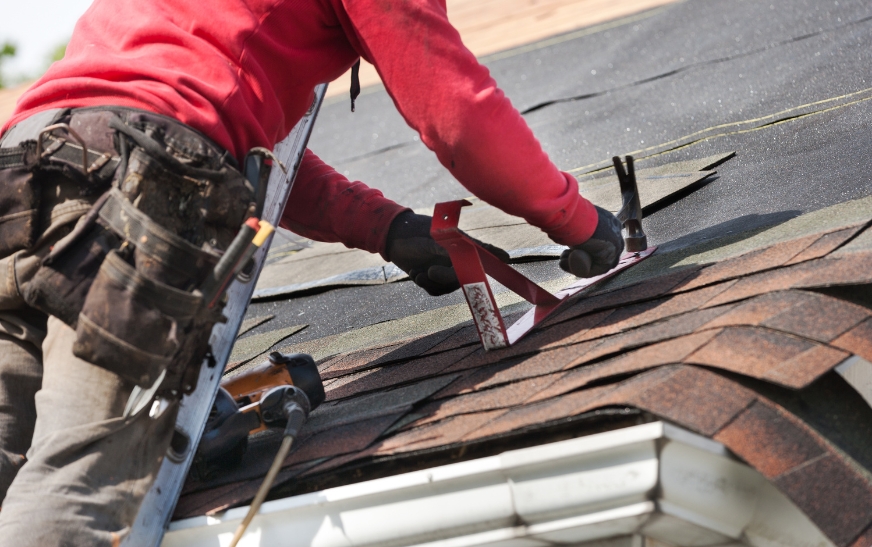
The Right Roofing Contractor
Legal obligations and local building codes
Local building codes and housing guidelines are also required of landlords. Your state or city may have tight regulations on roofing material, installation technique, or even frequency of maintenance. Ignoring the rules could result in fines or tenant conflict. Knowing codes guarantees tenants live in safe, code-compliant homes in addition to helping landlords safeguard their investment.
Insurance Coverage and Repair Logistics
Roof repairs often involve insurance, especially after weather-related events. Landlords should carry appropriate homeowner’s insurance that covers roofing and siding damage. This insurance typically does not extend to a tenant’s personal belongings—so renters’ insurance is also a smart move. Understanding which policy covers what can streamline communication when something goes wrong and speed up the roof repair process.
Choosing the Right Roofing Contractor
As a landlord, it’s your responsibility to find a roofing contractor with proper licensing, insurance, and experience. Whether you’re dealing with asphalt shingles or considering metal roofing benefits for long-term durability, hiring the right professional makes all the difference. Comparing estimates, checking reviews, and verifying credentials are essential steps—especially when factoring in roofing installation or potential roof replacement cost.
When Siding Is Also Involved
Roof issues often go hand-in-hand with siding damage—especially after storms. Water intrusion from failed flashing or clogged gutters can also impact the siding. If you notice warped panels or mold, siding repair might be needed along with roofing. Similar to roof repairs, siding installation cost and repair responsibilities typically fall on the landlord unless otherwise stated in the lease. For comprehensive repairs, you may need to find a siding contractor near you who works alongside roofing contractors to ensure seamless fixes.
Special Lease Agreements or Short-Term Rentals
In rare cases, landlords and tenants may have a customized agreement, especially with short-term rentals or commercial leases. Some of these might include clauses where tenants handle certain maintenance tasks—or contribute to costs. However, these clauses must be clearly documented and comply with local rental laws. If you’re a landlord considering such an arrangement, consult a legal advisor to avoid potential disputes.
Balancing Responsibility with Smart Property Management
Good communication is, ultimately, absolutely essential. The property stays in better shape when renters know their part in reporting and preventing damage and when landlords react with quick repairs and openness. Whether it’s planning seasonal inspections, checking the roof replacement cost every few years, or changing roofing materials, proactive maintenance pays off in less crises and closer landlord-tenant ties.
Notes of Final ThoughtsKnowing who is in charge of roof repairs whether you rent or own a house will save you time, money, and stress. For landlords, it’s about properly managing assets, selecting the correct roofing material, and keeping ahead of problems before they become more severe than merely addressing leaks. For renters, quick reporting and knowledge of your lease terms go a lot toward A safe roof is an investment in comfort, safety, and long-term value as much as a structural component.
